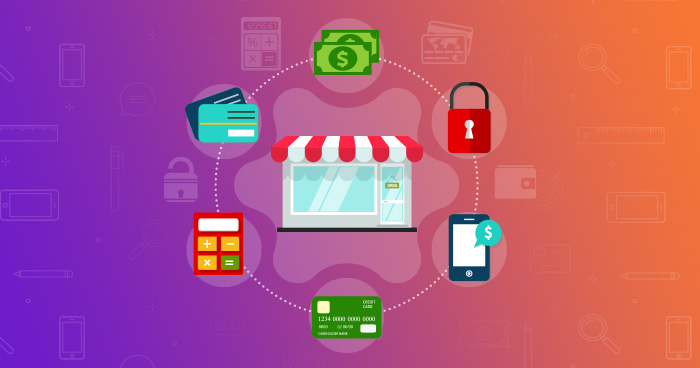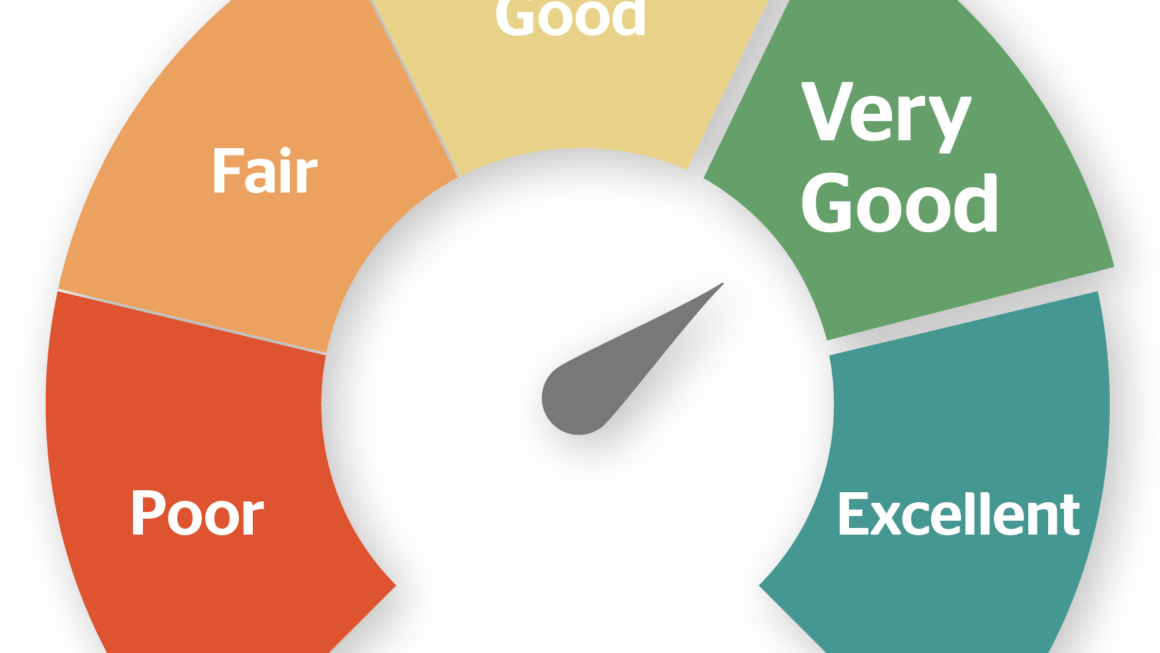While selling products or services online, a business puts its financial transactions in the digital domain, thus exposing them to the possibility of fraud. They do transactions online, handle money, and share information that hackers can easily steal. They are equally responsible for keeping their buyers’ finances protected. Otherwise, no one would like to buy at a site with a security risk. Therefore, constant monitoring and updating the online payment processing is crucial in enhancing customer experience and building brand goodwill. Here are some valuable tips for merchants on how to be safe as a seller.
Ensure Safe Data Management
Customer data is something an eCommerce website should never take lightly. By placing an order, the buyers place their trust in the merchant’s business, and the company should ensure its sanctity. The business and its staff members should understand the significance of data protection and privacy. Merchants should erase unwanted data frequently and update that which is required for storage. Besides these, choose a payment gateway with a solid disaster and data recovery plan. It keeps a business prepared for the worst-case scenario in terms of cyber security.
Backup
Backups can save a business when something goes wrong. Ensure that the merchant payment gateway has a complete backup schedule that allows full-site and server recovery. A script may also run alongside the backup. It saves precious time when the site is down, and purchases are not possible.
Build a Secure Online Environment
The payment gateway primarily impacts a business’s online security. Therefore, it’s crucial to opt for a sophisticated platform with a proven track record of safety. Rather than settling for its default settings, customise the plugins and look for extra tools and packages to enhance security.
Since open-source environments are most susceptible to cyber threats and attacks, it’s good to ask for secondary authentication. Security plugins will enhance functionality and support an open-source eCommerce site better. Using a secured closed network reduces any risk of outages, which is an added benefit. Those selling on social media are more vulnerable to hacks and scams. So, using strong passwords and keeping interactions private is of the essence.
Install Firewalls
Firewalls are the best bet when hackers try to flood the system and crash a site. With a proxy Firewall in place, no one can access the network. However, an overtly aggressive Firewall may make it difficult for potential customers from finding the site, leading to a poor user experience. So, opt for an online payment processing company with a cloud-based protection system and a managed domain name.
Page scripts and applications like login and contact forms are the most vulnerable to hacks. Therefore, adding extra security layers to these sections is worth it. A robust system has clear parameters that prevent hackers from leaving harmful codes on a site.
Update Regularly
Staying updated is vital to keep the site safe and to functioning correctly. Choose a merchant payment gateway with all the latest tech updates and remove any old plugins to mitigate security risks. Finally, keep SSL certificates updated to minimize bots.
An online business that goes down is expensive and vulnerable. So, using a payment gateway prepares it for the sudden surges in web traffic without any security threats. At the end of the day, it’s vital to build a leaner, faster, and more profitable online store.



